DAVOS24 NEWSLETTER 3
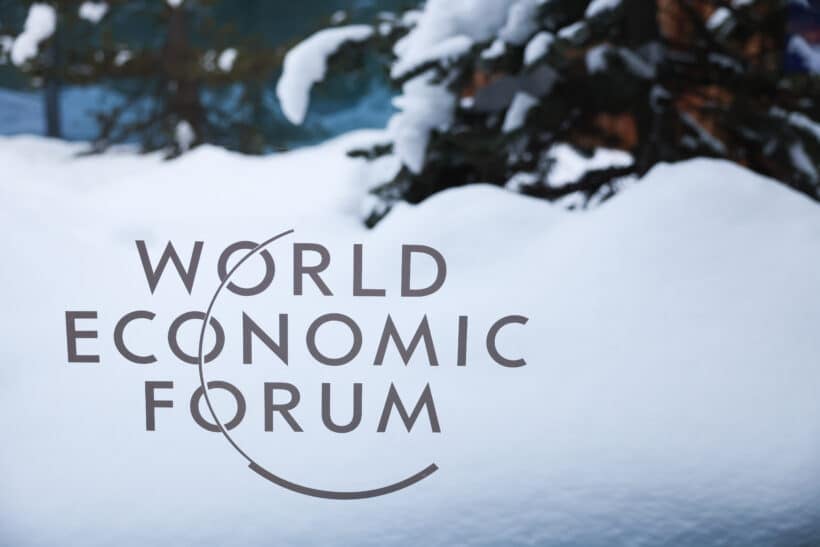
Wednesday 17 January dawned over the World Economic Forum in Davos in Switzerland, with the news of even more tension in the Middle East. As speaker after keynote speaker yesterday spoke of ideological conflict and ensuing economic crisis, the only positive news seemed to be coming out of Africa.
Delegates at a panel discussion heard the exciting development that the manner in which business is done in Africa, will change dramatically this year. More than half of African nations will use the rules of the African Continental Free Trade Area (AfCFTA) this year as the region moves closer to fully integrating into a single market.
Of the 47 countries that have ratified the AfCFTA agreement, 31 will join the trade initiative, up from seven that joined in 2023. AfCFTA Secretary-General Wamkele Mene said at a presentation at Davos. The new system was put on trial last year and tested on processed agricultural products, manufactured goods and services.
AfCFTA’s pan-African payments system pilot project
For example, Uganda exported some of its excess 2 billion liters of milk to Algeria, while a ceramic-tile manufacturer in Ghana shipped the product to Cameroon. “AfCFTA enabled a 20% reduction in duty,” Mene said. “That is 20% competitiveness as of the start of trade.”
The expanded pilot project will include a pan-African payments and settlement system using local currencies to overcome the continent’s foreign-exchange shortages and convertibility limitations.
According to Mene, quoting the African Development Bank, the African trade region’s digital economy will rocket to $712 billion by 2050, from about $115 billion at present. AfCFTA has a potential market of 1.3 billion people with a combined gross domestic product of $3.4 trillion, and could be the world’s biggest free-trade zone by area when the treaty becomes fully operational by 2030.
The World Bank forecasts that the accord will increase trade within the region by 80% to $532 billion by 2035, partially boosted by improved technology-driven efficiency.
DAY 3 Highlights link: https://www.cnbcafrica.com/2024/davos-2024-day-three-highlights/
South Africa FinMin Godongwana on challenges and investment potential
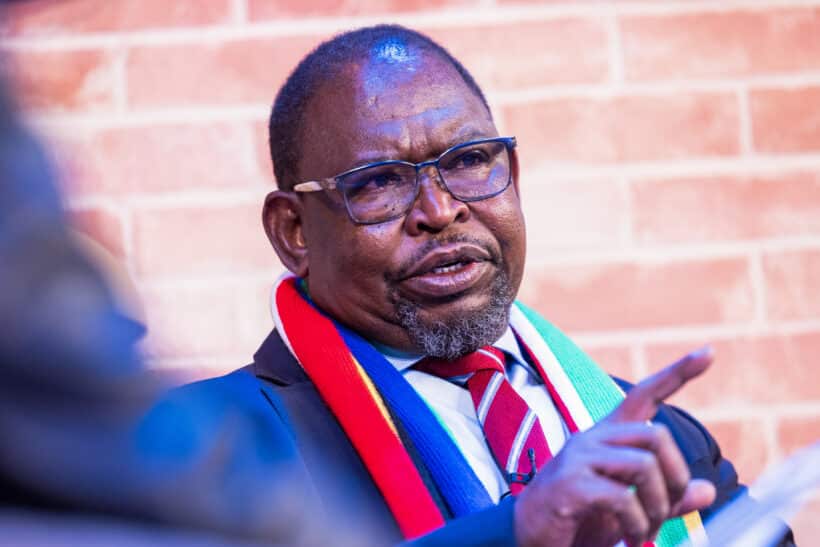
More good news for Africa out of Davos – and perhaps something of interest to potential investors in the SADC region – is that South Africa has a plan to improve energy provision that will end the need for any power cuts within the next 12-18 months. This is according to Finance Minister Enoch Godongwana. “Eventually in the next 12-18 months we will be able to say load-shedding is a thing of the past. That is the target,” he, told Reuters.
In an interview with CNBC Africa’s Editor-in-Chief, Godfrey Mutizwa, Godongwana said that he found a more positive narrative about investing in South Africa at Davos, than what is generally found in newspapers. They also spoke about the country’s investment attractiveness and South Africa’s upcoming Budget Speech in February.
GODONGWANA LINK https://www.cnbcafrica.com/media/6344993458112/finance-minister-enoch-godongwana-on-sas-2024-budget-outlook/
South Africa: Banking system vulnerabilities & material risk
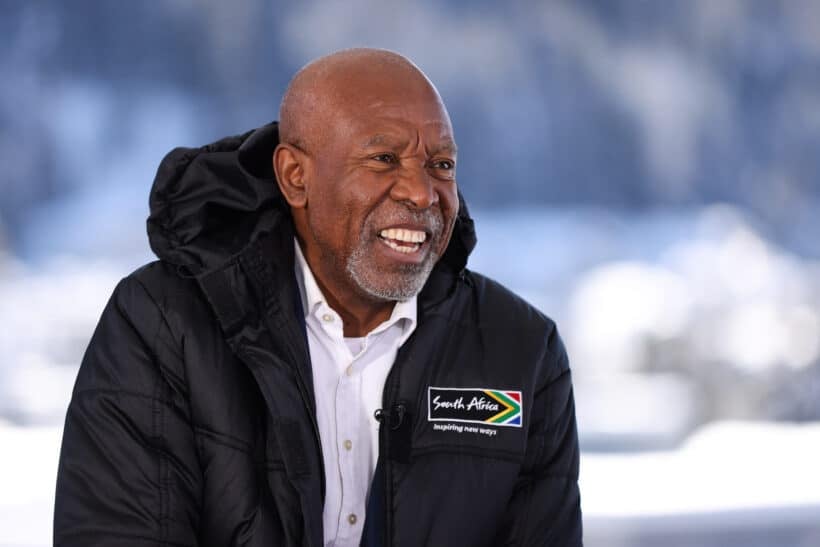
Three other South Africans featured prominently at Davos on Wednesday. The Governor of the South African Reserve Bank, Lesetja Kganyago, elaborated on growth plans, inflation, economic outlook, and banking system vulnerabilities in a wide-ranging interview with CNBC Africa’s Fifi Peters.
KGANYAGO LINK https://www.cnbcafrica.com/media/6345042613112/kganyago-on-global-economy-monetary-policy-inflation-outlook/
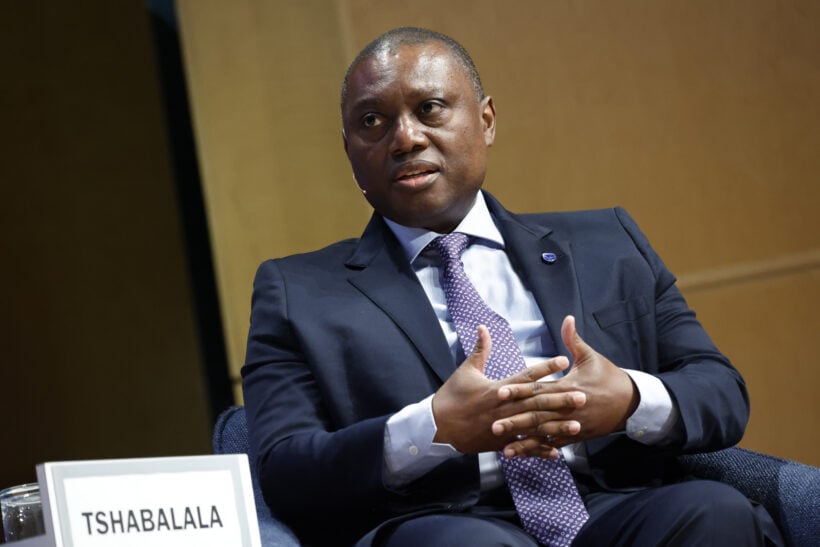
Rebuilding Trust, the theme of WEF Davos 2024, is fundamental to the banking and business sectors, according to Standard Bank CEO, Sim Tshabalala. He spoke to CNBC Africa’s Fifi Peters and Godfrey Mutizwa about the big issues being discussed at the Forum, including financial inclusion, artificial intelligence and climate.
THSABALALA LINK https://www.cnbcafrica.com/media/6345040785112/tshabalala-african-continent-to-be-fastest-growing-by-2030/
SA as investment facilitator in Africa
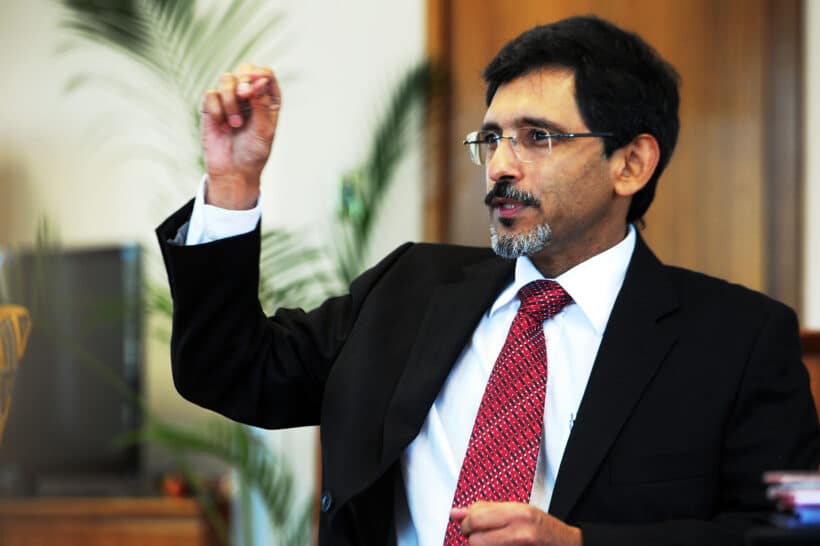
Commanding interest in Davos was South Africa’s Trade and Industry Minister, Ibrahim Patel, who has drawn high acclaim from many quarters in the business sector in Africa and abroad. He told CNBC Africa’s Godfrey Mutizwa that in an increasingly fractured world, businesses are looking for stable investment opportunities.
With Africa presenting a positive outlook for advancing global trade ties, for the continent itself the AfCFTA looks set to be a major game changer. Patel is of the opinion that South Africa can be a key player in facilitating investments on the continent through regional value chains.

